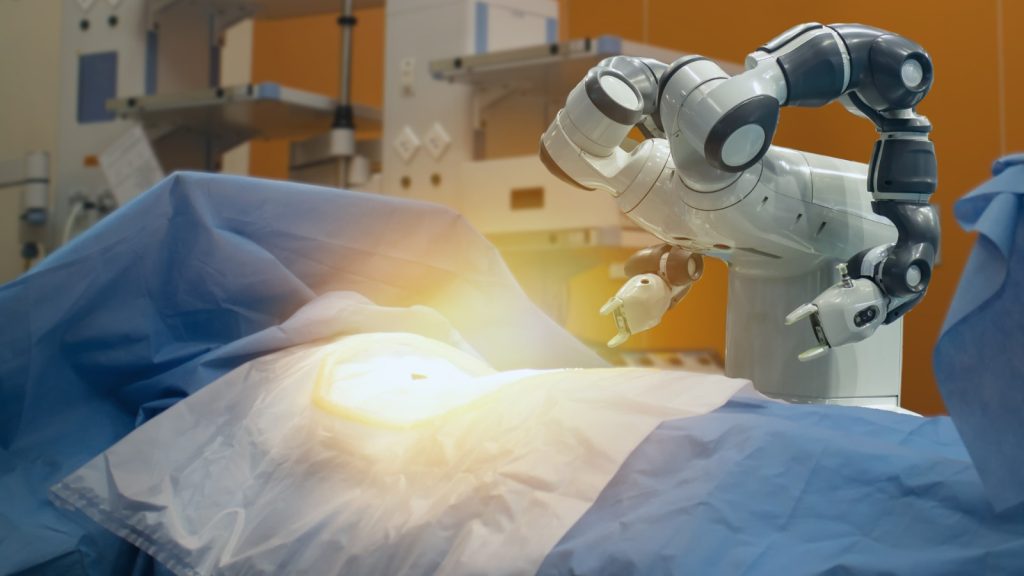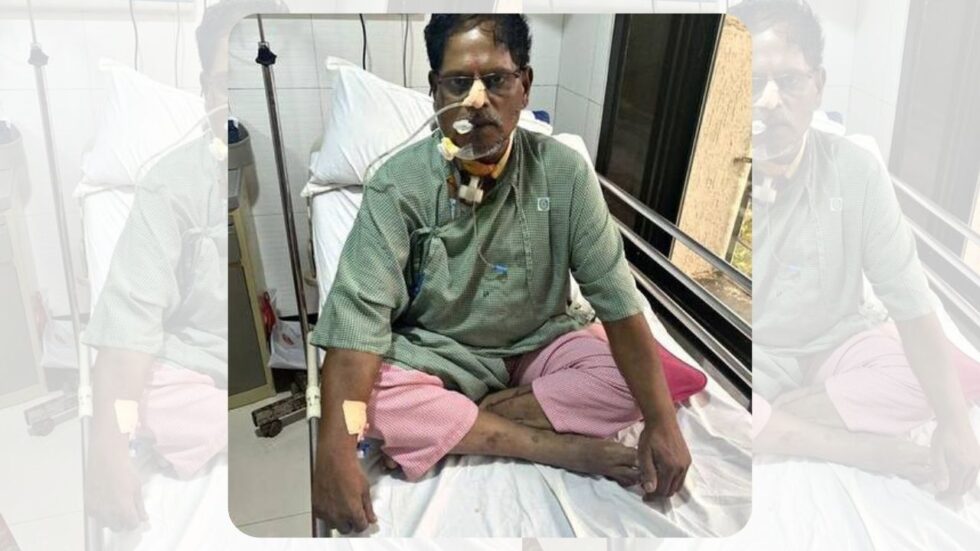The field of head and neck cancer surgery has undergone remarkable advancements in recent years, thanks to cutting-edge technology. These innovations are transforming the way surgeons diagnose, treat, and manage these complex cancers, leading to better patient outcomes and a higher quality of life. This blog explores the latest technological breakthroughs in head and neck cancer surgery and how they are reshaping the future of care.
1. Enhanced Diagnosis with Advanced Imaging
Early and precise diagnosis is essential for successful treatment. Modern imaging technologies, such as:
- 3D Imaging and CT Scans: Provide detailed views of tumors and surrounding structures for precise surgical planning.
- MRI Fusion Technology: Combines MRI images with real-time data for a clearer understanding of cancer progression.
- PET Scans: Help in detecting metastasis and staging cancer accurately.
These tools allow doctors to identify the exact location, size, and spread of cancer, enabling personalized treatment strategies.
2. Robotic-Assisted Surgery
Robotic-assisted surgery, such as the da Vinci Surgical System, has become a game-changer in head and neck cancer procedures.
- Precision: Robots allow surgeons to perform intricate surgeries in hard-to-reach areas with unmatched accuracy.
- Minimally Invasive: Smaller incisions mean less discomfort, faster healing, and less scarring.
- Improved Access: Particularly beneficial for cancers of the throat and tongue, where access is challenging.
Patients experience shorter hospital stays and improved post-surgical outcomes, making robotic-assisted surgery a preferred choice for complex cases.
3. Intraoperative Navigation Systems
Intraoperative navigation systems act like GPS for surgeons, offering real-time guidance during procedures.
- Tumor Margins: Helps ensure the complete removal of cancerous tissues while preserving healthy structures.
- Critical Structures: Minimizes the risk of damage to vital nerves and blood vessels.
This technology enhances the surgeon’s ability to perform safe and effective surgeries, even in anatomically complex regions.
4. Laser and Endoscopic Surgery
Laser and endoscopic techniques are revolutionizing how early-stage cancers are treated.
- Targeted Treatment: Lasers precisely remove cancerous tissue with minimal impact on surrounding areas.
- Endoscopy: Minimally invasive, enabling access to tumors in the throat and sinuses through natural openings.
These techniques reduce recovery time, lower complication risks, and preserve speech and swallowing functions.
5. Personalized Medicine with Genomics
Advances in genomics are allowing doctors to tailor surgical and treatment plans to each patient’s genetic makeup.
- Biomarker Analysis: Identifies specific cancer types and predicts how they will respond to treatments.
- Targeted Therapies: Complements surgery with treatments designed to attack cancer cells without harming healthy ones.
Genomics is opening new doors in personalized care, ensuring more effective and less invasive treatment options.
6. Augmented Reality (AR) in Surgery
Augmented reality is emerging as a promising tool in head and neck cancer surgery.
- Virtual Tumor Mapping: Provides surgeons with a 3D overlay of tumors during surgery.
- Enhanced Visualization: Allows real-time interaction with anatomical structures for better precision.
AR assists surgeons in making informed decisions during complex procedures, improving surgical outcomes.
7. Post-Surgical Rehabilitation Technologies
Innovative rehabilitation tools are helping patients regain function and quality of life after surgery.
- Speech Therapy Apps: Use AI to assist patients in regaining their ability to speak.
- Wearable Devices: Monitor recovery and alert doctors to potential complications.
These technologies ensure patients recover faster and more effectively, reducing the long-term impact of treatment.
The Future of Head and Neck Cancer Surgery
As technology continues to evolve, the future of head and neck cancer surgery looks promising. From AI-driven diagnostics to real-time surgical assistance, these innovations are setting new standards in cancer care.
Why Choose Our Practice?
Our expertise in head and neck cancer surgery, combined with the latest technological advancements, ensures that you receive world-class care tailored to your needs. From diagnosis to post-surgical rehabilitation, we are dedicated to providing comprehensive and compassionate treatment.
If you or a loved one is facing head or neck cancer, don’t hesitate to reach out. Book a consultation today and take the first step towards advanced, life-changing care.






